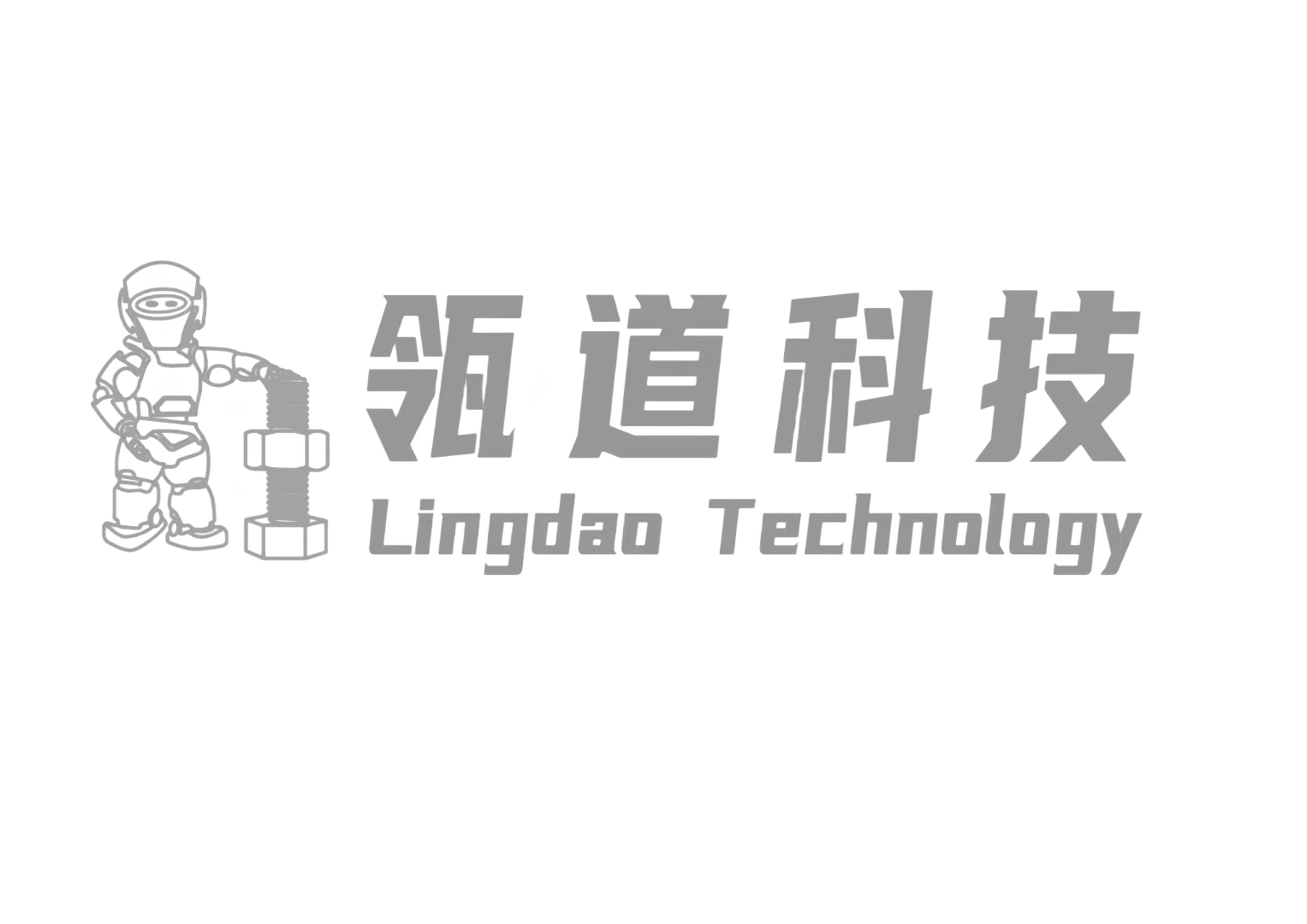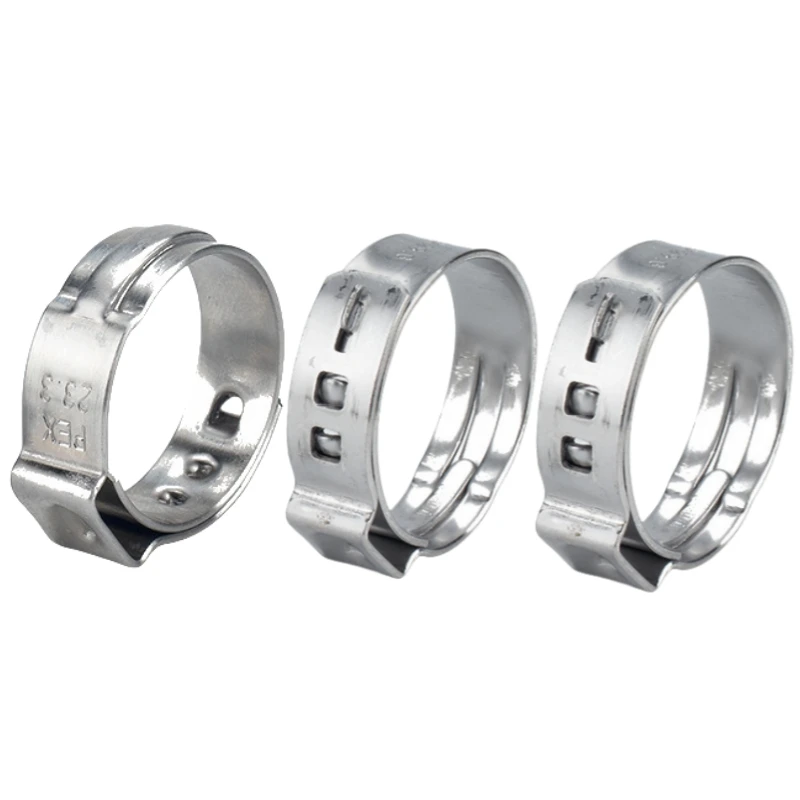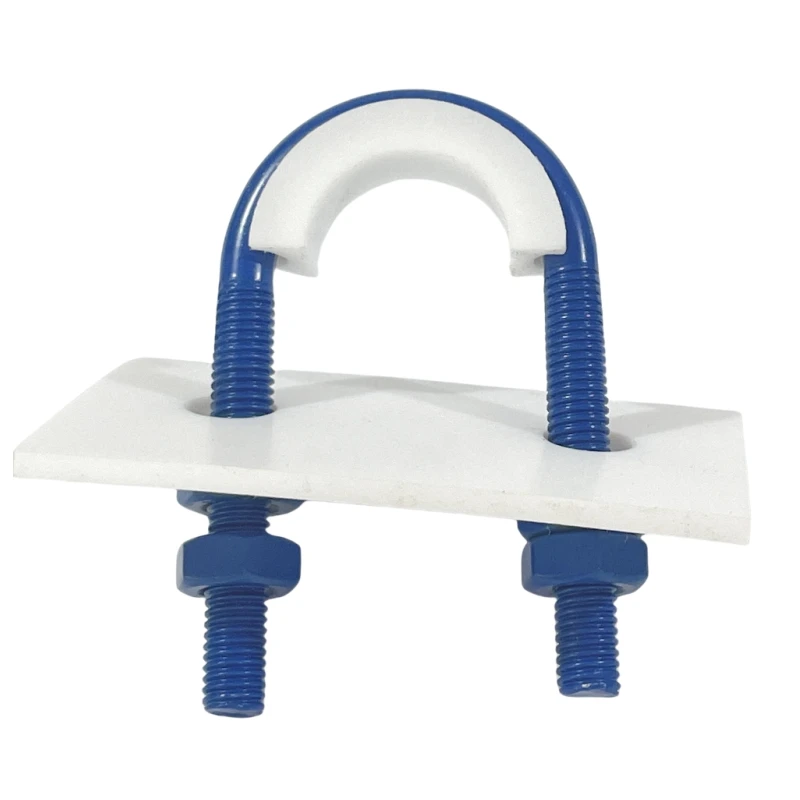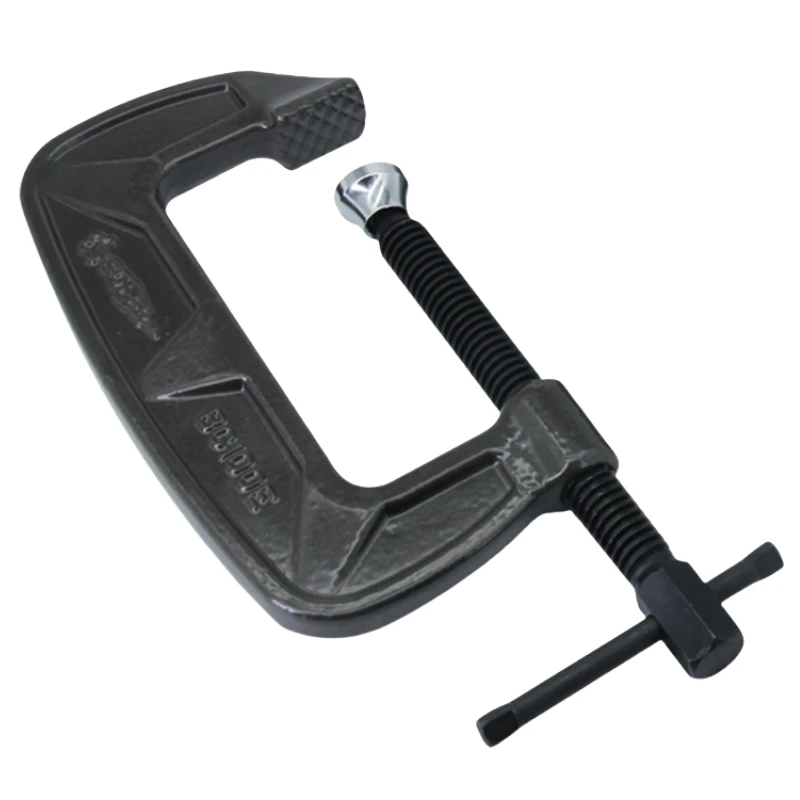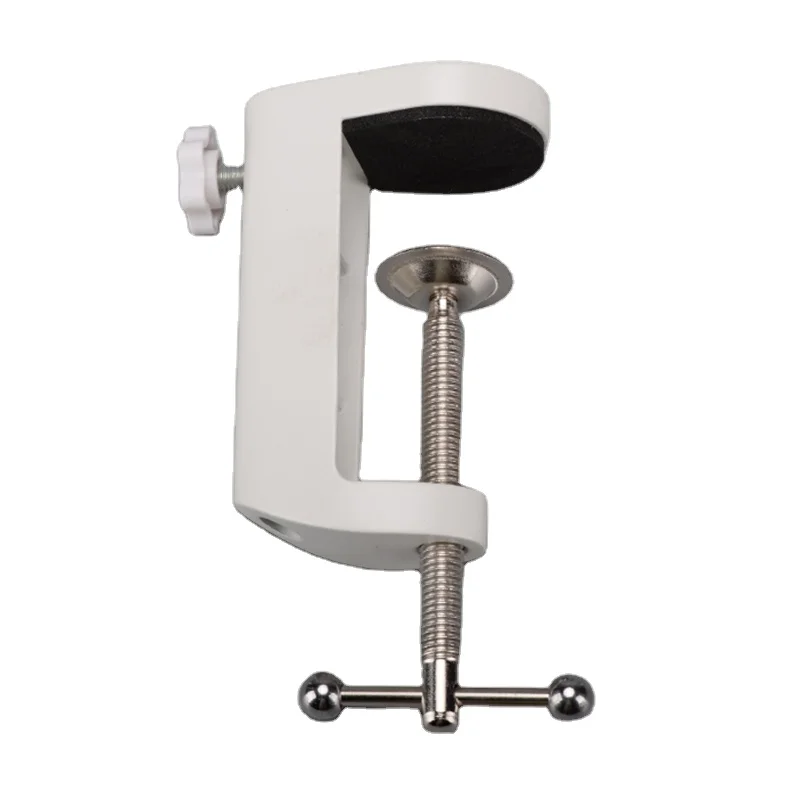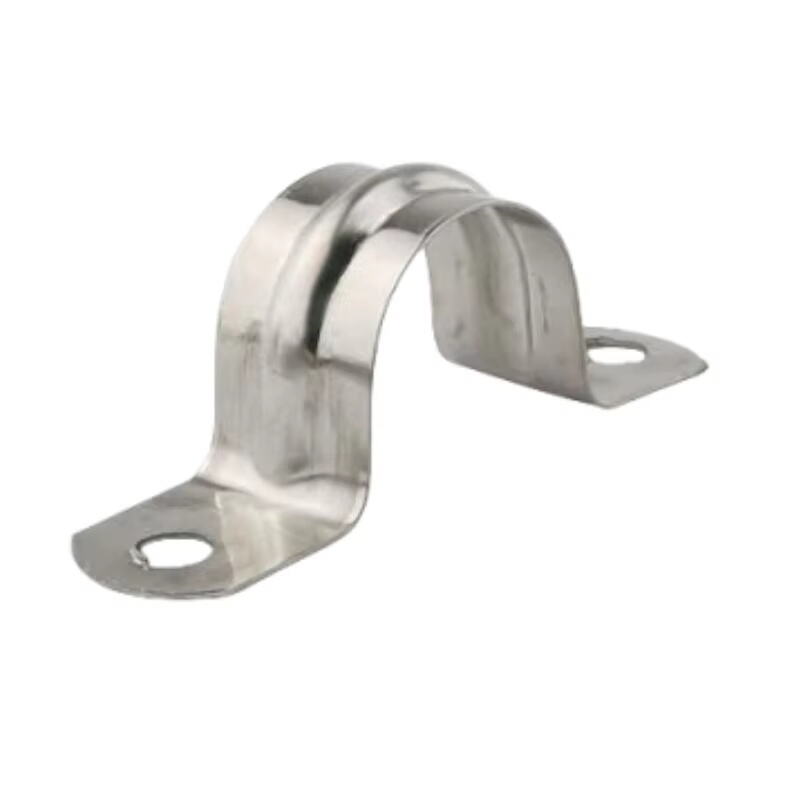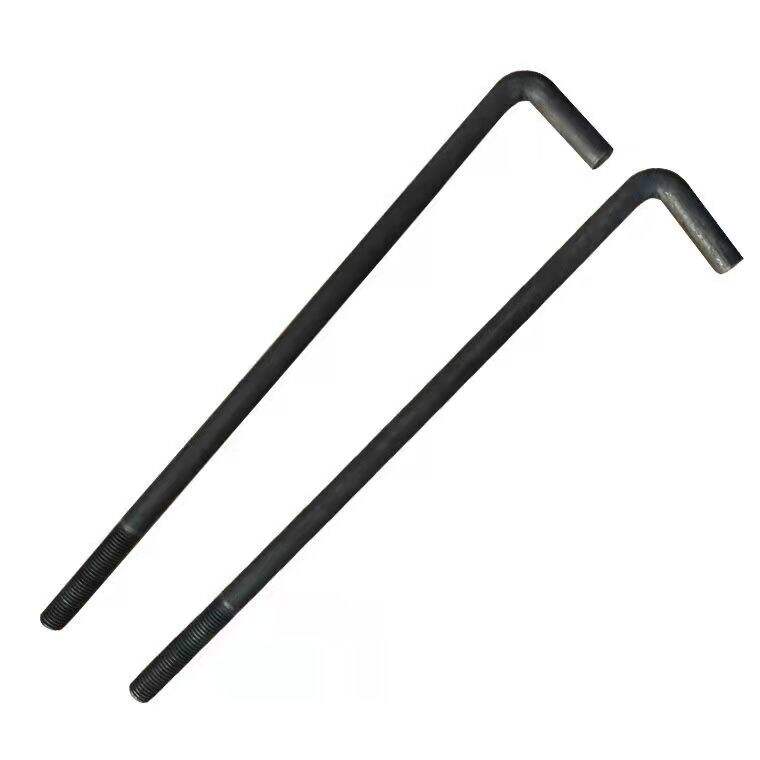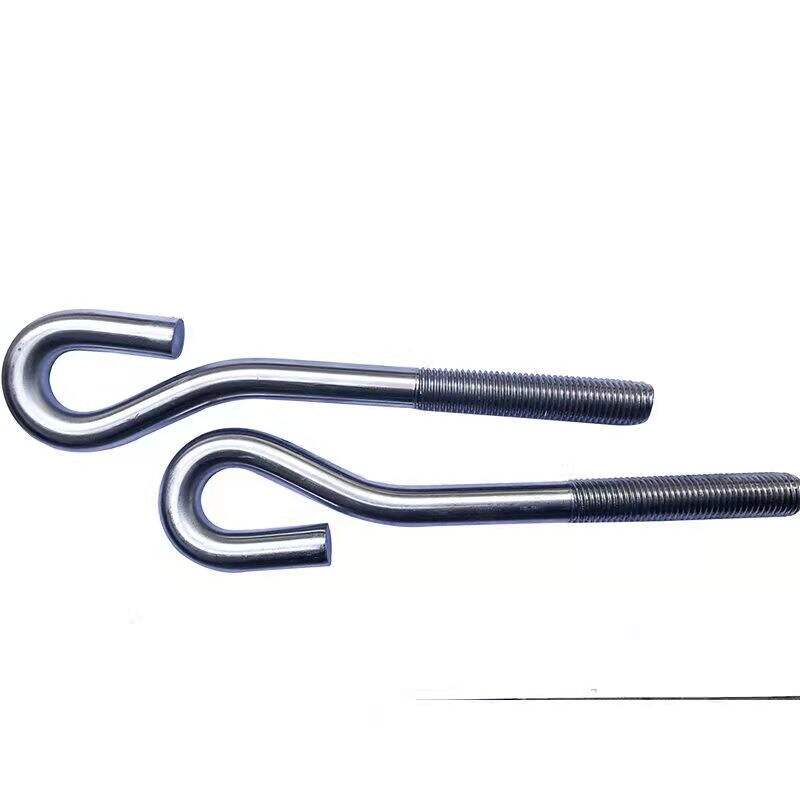j bolts for concrete
J bolts for concrete are essential fastening components widely used in construction and structural applications. These specialized anchoring devices, characterized by their distinctive J-shaped design, provide secure attachment points for various structures to concrete foundations. The curved end of the bolt creates a mechanical lock within the concrete, ensuring superior pull-out resistance and stability. Typically manufactured from high-grade steel and often featuring hot-dip galvanized or stainless steel finishes for corrosion resistance, J bolts come in various sizes and lengths to accommodate different project requirements. Their primary function involves anchoring structural elements, such as columns, posts, or wall plates, to concrete foundations or slabs. The installation process involves embedding the curved portion into wet concrete, leaving the threaded end exposed for attachment. These bolts are particularly valuable in applications requiring precise alignment and adjustment capabilities, as they allow for some positional adjustment before the concrete sets. Their design also facilitates load distribution, making them ideal for structures subject to both vertical and lateral forces. Modern J bolts often incorporate enhanced features such as ribbed surfaces for better concrete adhesion and precise threading for optimal fastening capability.
